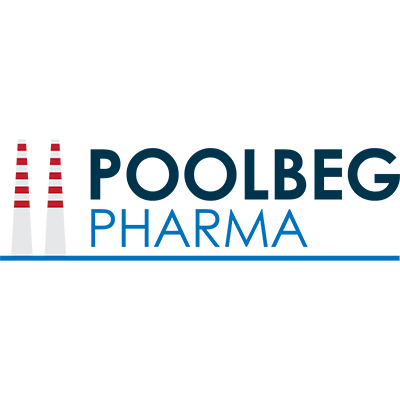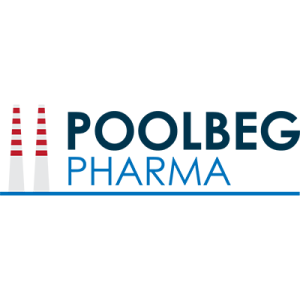Artificial intelligence in the pharmaceutical industry has become central to modern drug discovery and development. Recognising both its potential and its risks, the FDA has initiated efforts to regulate AI’s role in the sector, balancing innovation with patient safety. Meanwhile, companies are progressing rapidly. For instance, Immunai recently struck a substantial $18 million agreement with AstraZeneca to utilise AI models for enhancing clinical trials, while startups like Insilico Medicine and Recursion Pharmaceuticals claim that AI is key to accelerating new drug research. However, some in the industry view such claims with caution, warning against overestimating AI’s capabilities.
Raviv Pryluk, CEO of PhaseV and former senior executive at Immunai, believes in AI’s potential for significant impact but only when applied prudently. He explains that although AI might not independently resolve all challenges in drug development, it does hold considerable promise when handled with care. Since 1995, the FDA has logged over 300 applications for drugs featuring AI elements, a number that has expanded alongside advancements in data quality and scale. Former Johnson & Johnson executive Dave Latshaw II highlights this shift, noting that AI now plays a significant role in matching patients with trials and targeting specific demographics for treatments.
The precise targeting made possible by AI can yield more accurate clinical results, although it also narrows a drug’s commercial appeal. Companies face a dilemma: they want to pinpoint patients who would benefit most from their drugs, but this specificity can limit market size. Latshaw, who left Johnson & Johnson to found BioPhy, asserts that the true potential of AI lies in refining the entire drug development process. Mergers and acquisitions could also benefit from AI’s ability to analyse vast amounts of preclinical and clinical data, allowing companies to make informed acquisition decisions.
AI could further assist in making clinical trials more inclusive, addressing longstanding demographic gaps. Despite the NIH’s 1993 mandate to include women in studies, gender disparities persist, especially in preclinical studies. Pryluk suggests that advanced techniques like causal machine learning could make studies more representative, which would support the inclusion of women and minorities in trials. Precision medicine—treating each patient as an individual case—could be the next major breakthrough, as the industry moves towards tailored treatments for diverse populations.
Poolbeg Pharma plc (LON:POLB) is a clinical stage infectious disease pharmaceutical company, with a novel capital light clinical model which enables us to develop multiple products faster and more cost effectively than the traditional biotech model.


